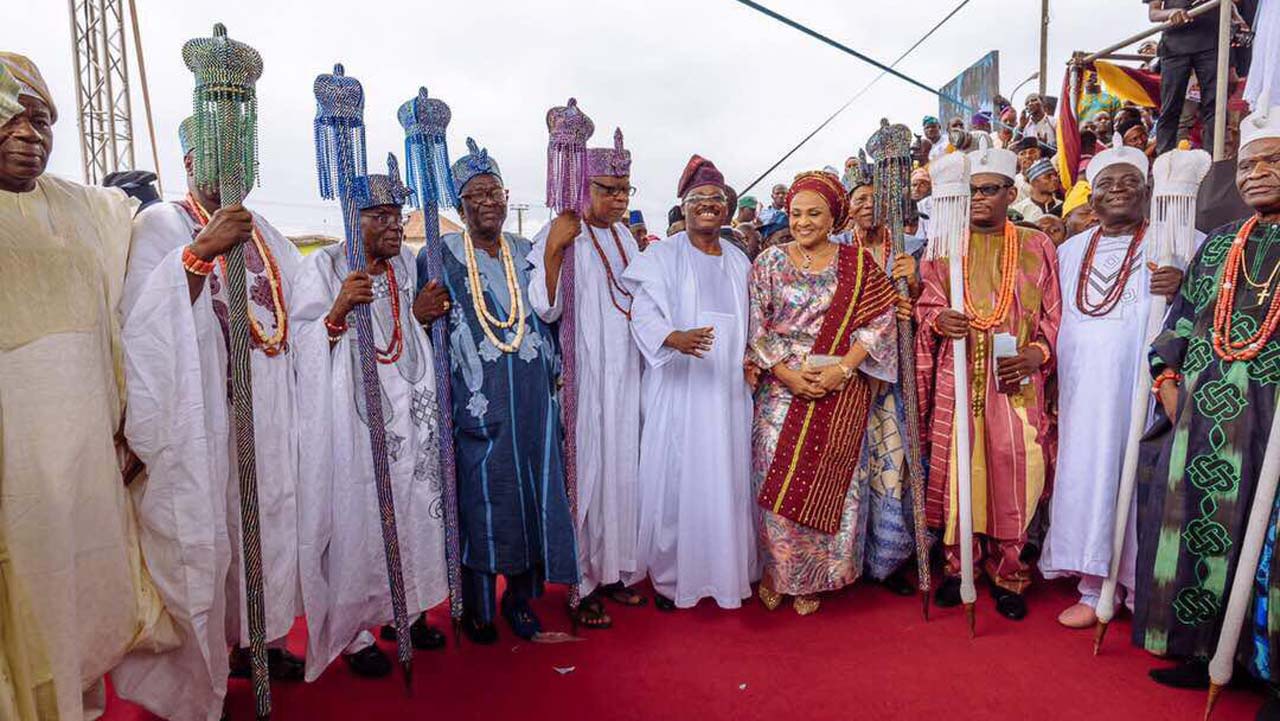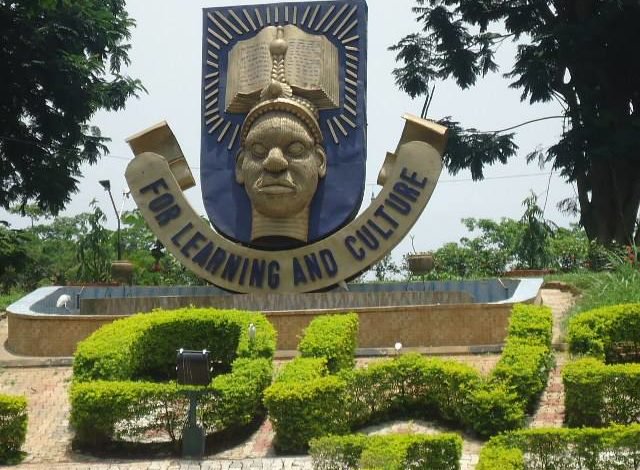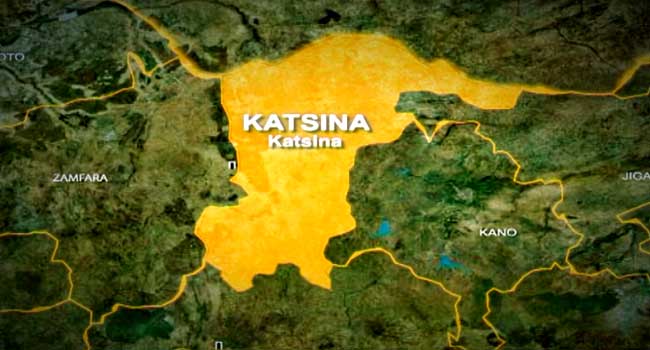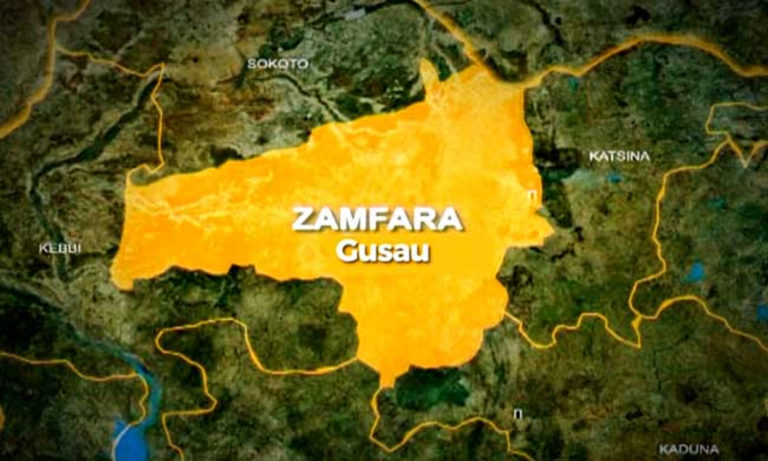Recently, much has been said on the recent reviewing of Olubadan chieftaincy titles which culminated in the elevation of Olubadan High Chiefs and Baales across Ibadan land to the rank of Obaship.
Some justified the move while some vilified the state government and claimed the move to be an attempt to demoralise the powers of Olubadan. Country people, I have sought to maintain silence and refused to make my assertion based on bandwagon effect but rather mustering enough facts and
Country people, I have sought to maintain silence and refused to make my assertion based on bandwagon effect but rather mustering enough facts and evidence from those that are accustomed to traditions, customs and the laws of the land. In the cause of my search for knowledge, I got to realise that there are so many anomalies in the traditional laws that exist in Oyo State. The Olubadan Chieftaincy declaration was made in 1957, about 60 years ago and it was
The Olubadan Chieftaincy declaration was made in 1957, about 60 years ago and it was first reviewed in 1976 and the successive governments did follow suit but none was able to conclude and have it in a gazette.
From the last review, it was stated that Olubadan High Chiefs should be regarded as Obas and this was widely supported and agreed by all Chiefs, stakeholders including the then Oba but only remained to be given beaded crowns until the recent development. Change, they say is constant, a declaration of 60 years ago I believe is due for a review subject to the fact that the world is evolving.
This is based on the premise that Ibadan as densely populated it only possesses a grand Oba who is known as Olubadan while some towns that cannot even match the population density of a local government in Ibadan possess numerous kings.
Change, as the only constant in life, has become a universal aphorism. Nonetheless, humans are evolutionarily predisposed to resist change because of the inherent uncertainties. Organisations and people that don’t embrace change are bound to lose ground and stagnate. In the words of a late British Prime Minister, Harold Wilson, those who reject change are the architects of decay. The only human institution that rejects progress is the cemetery.
The hoopla that thus greeted the move by Governor Abiola Ajimobi of Oyo State to review the 1957 Olubadan Chieftaincy Declaration and other related chieftaincies in Ibadanland is nothing short of clinging to primordial sentiments.
According to the last review, a high chief in Ibadan is synonymous to Oba in other places but high chiefs in Ibadan have been subjected to ridicule on many occasions they had accompanied Olubadan to while some of their counterparts in ranks who accompanied their respective Obas were recognised based on their beaded crowns.
The above justification for the review viz-a-viz the spread of development across the remote areas cum the change that is constant. Hence, the need to put my pen on paper and make my opinion known. However, opinion might be cheap as claimed by Winston Churchill in his last presidential statement in the United Kingdom – “Opinion is cheap, the truth is sacrosanct and the fact is sacred. These words necessitated my move to inquire for facts which are sacred in order to substantiate my opinion.
According to the chieftaincy laws in Ibadan, it is stated that “there shall be Olubadan in council known as high chiefs headed by the imperial majesty known as Olubadan and shall be subjected to review.” It is reported that Olubadan in Council wrote and requested that the laws governing chieftaincy and traditional matters in Oyo State be reviewed.
Suffice to state here that Section 26(1), (2), (3), (4) and (5) Cap. 28, Vol. 1, Laws of Oyo State empower the governor to approve or review Chieftaincy Declaration of any chieftaincy. The laws have stated clearly and there is no need for rabble-rousers to sow the seed of discord in the land only if we want to change the existing laws of the land.
Meanwhile, the agitation for the review did not just start during the reign of Ajimobi led government. It began since the reign of Governor Kolapo Ishola’s administration, which brought about Oloko Panel. Oba Akinyele (former Olubadan) was the first person that wrote about it, about the history of Ibadan and he stated specifically in the book, the justification and the need for a review of the Olubadan Chieftaincy declaration as well as other notable Ibadan people who put the issue in writing through a memorandum to the state.
Country people, I neither hold brief for the state government and its apologists nor to chastise the critics of the installation. I make bold to assert that the recent development has been long overdue and should not generate any rabble-rousing from any quarters. However, the hasty reviewing is where my reservation lies.
The government should have given enough time for debate and interactions to enable sons and daughters of Ibadanland have their opinions known prior to the installation. In as much as I condemn the timeframe for the review cum installation, we can never overlook the goodies that will trail the development.
Those who think we are still in medieval time must understand that since the reigns of military and the inception of democracy the powers of traditional rules have been subdued under 1999 constitution as amended and this has placed traditional rulers under the State government. Hence, traditional rulers only exercise ceremonial powers alone.
Despite the fact that I am one of those who believes that traditional system should be respected at all times, we cannot overlook the fact that maintaining the status quo of the current traditional settings which are fraught with complexities and anomalies will do us no good than to retard the yearning for the development and civilisation across the towns and remote areas owing to the fact that Ibadan’s heritage as a cradle of civilisation and development is fast eroding and fading away.
Hence, the need for the reviewing to be in line with modern-day-realities. To crown it up, I submit by posting this question to those who fault the process based on primordial sentiment: Shouldn’t a declaration made exactly 60 years ago be modified and reviewed? If we are to be sincere with ourselves, we have no option than to agree that the review is long overdue.
Taiwo, the social commentator, wrote from Ile-Ife.
Source: The Guardian










